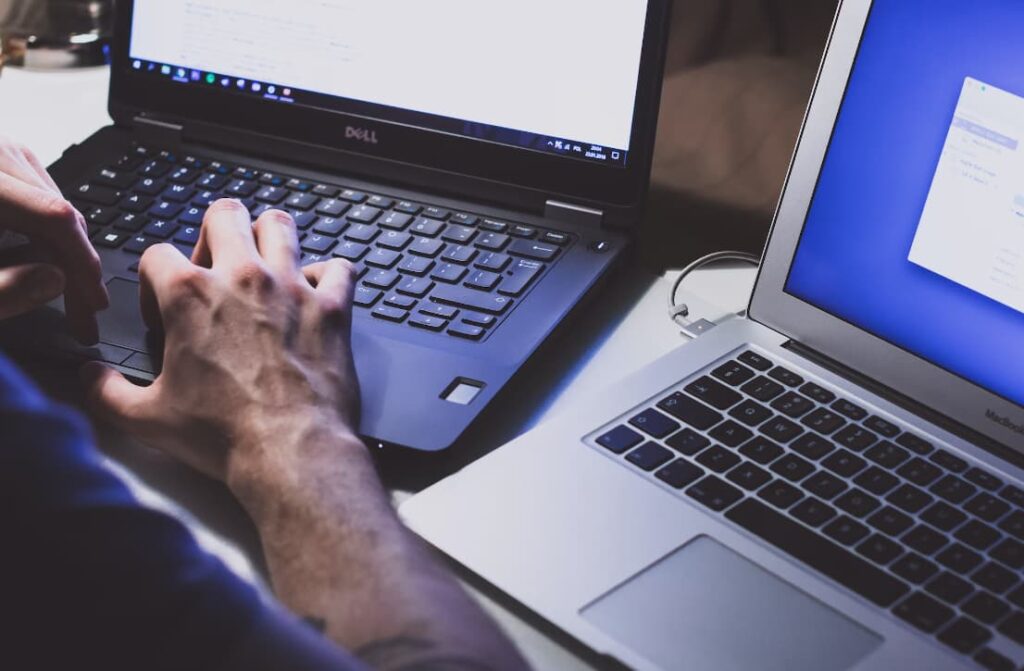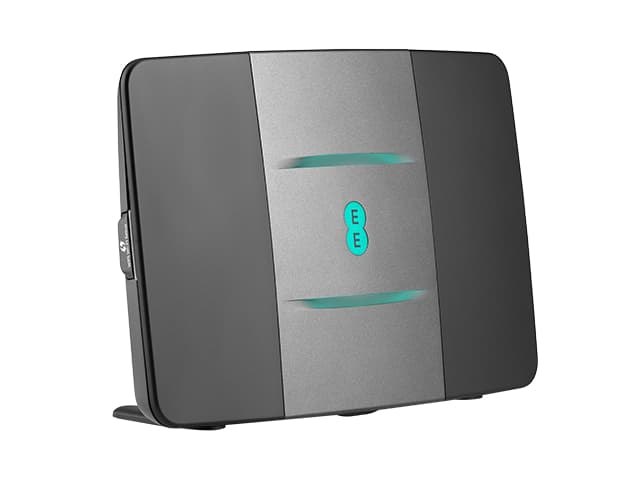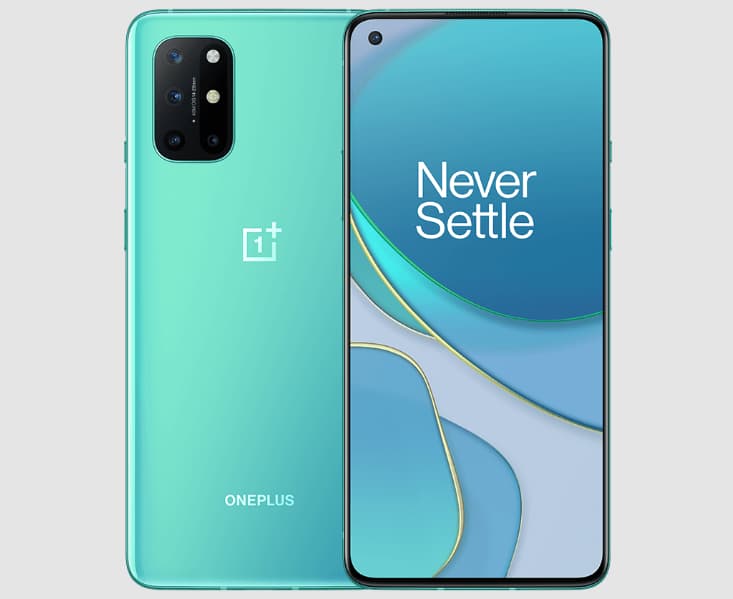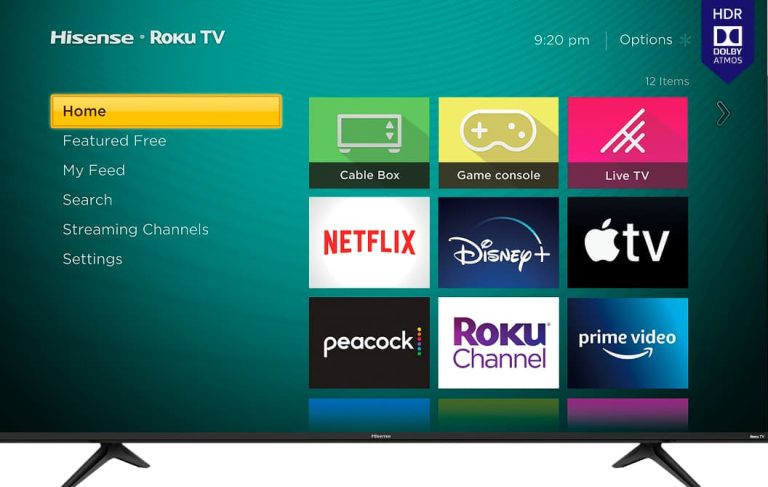With rapid digitalization, Is Your Personal Data Safe? the security of personal data is a growing concern. Cyber threats are on the rise, and individuals must proactively ensure their information remains confidential and secure.
Is Your Personal Data Safe?

This guide will delve into the essentials of personal cybersecurity, focusing on data protection, the role of VPNs, and managing your digital footprint.
How do VPNs enhance your online privacy and security?
A Virtual Private Network (VPN) is one of the most powerful cyber security tools. VPNs encrypt your data, making it unreadable to anyone who might intercept it. This is especially vital when using public Wi-Fi networks, which are often less secure.
VPNs also mask your IP address, making your online actions virtually untraceable. This is particularly useful for protecting your privacy when browsing or making online transactions. Investing in a reputable VPN service is a wise decision for those concerned about their online privacy.
As a bonus benefit, VPNs can make it appear as if you’re accessing the internet from a different location, allowing you to bypass regional restrictions on content.
Minimizing your digital footprint
If you want to protect your house, it’s best to lock any doors and other entrances. Protecting your online data works similarly. Reducing your digital footprint is about leaving fewer traces of your personal information online. Here’s how:
- Search yourself: Google your name and see what comes up. This will give you an idea of what information is publicly available about you.
- Delete old accounts: Over the years, you might have signed up for various online services or platforms you no longer use. Track them down and delete them.
- Limit social media exposure: Consider making your social media profiles private. Also, be cautious about what you post. Remember, once something is online, it’s challenging to remove it entirely.
- Opt-Out of data brokers: Data brokers collect and sell personal information. Apps like Incogni allow you to opt out of unsolicited credit offers, which are a significant data source for brokers.
Use incognito mode: When browsing, use the incognito or private mode on your browser. This ensures your browsing history, cookies, and search queries aren’t stored.
Managing personal information in online databases
Have you ever been in a situation where you had to switch your number because you were constantly getting bombarded with spam calls? But how do these callers keep getting your number?
As you browse the internet, websites constantly try to get your personal information like email and phone number. Unfortunately, some of these websites sell this information to third parties.
Your personal data might be stored in various online databases, from social media platforms to online shopping sites.
Here’s how to manage that information:
- Limit sharing: Only provide personal information when absolutely necessary. For instance, opt for guest checkout while shopping online if you don’t plan to shop there frequently. Saving your credit card details to your browser is also not a good idea. Hackers often target the browser files with this data, which puts you at risk.
- Regularly review privacy settings: Platforms like Facebook and Google often update their privacy policies. Regularly review and adjust your settings to ensure maximum privacy. Before installing an app, skim through the required permissions to ensure it’s not asking more than it needs.
Two-Factor Authentication (2FA): Enable 2FA wherever possible. This adds an extra layer of security, requiring a password and a second piece of information to log in. Authentication apps are a popular authentication method. They’re quick to set up and easy to use.
More Useful Guides:
- How to Remove Malware from Your Windows PC
- How to Keep Your Business Data Secure
- Public Wi-Fi Security Risks
Conclusion:
Nowadays, personal cybersecurity is not just a luxury but a necessity. By understanding the threats, utilizing tools like VPNs, and actively managing your digital footprint, you can significantly enhance the safety of your personal data.
Remember, the key is to be proactive rather than reactive regarding your online security. So, now you know Is Your Personal Data Safe or not.






